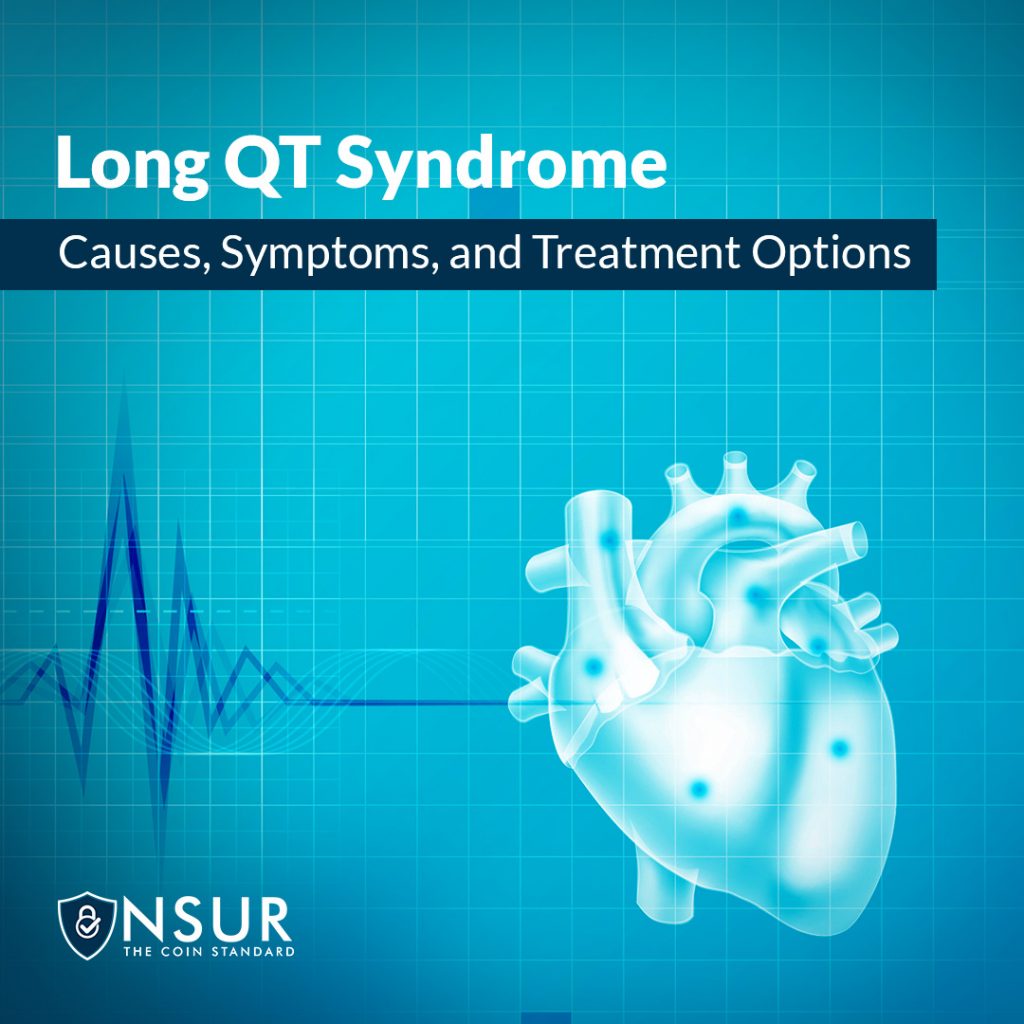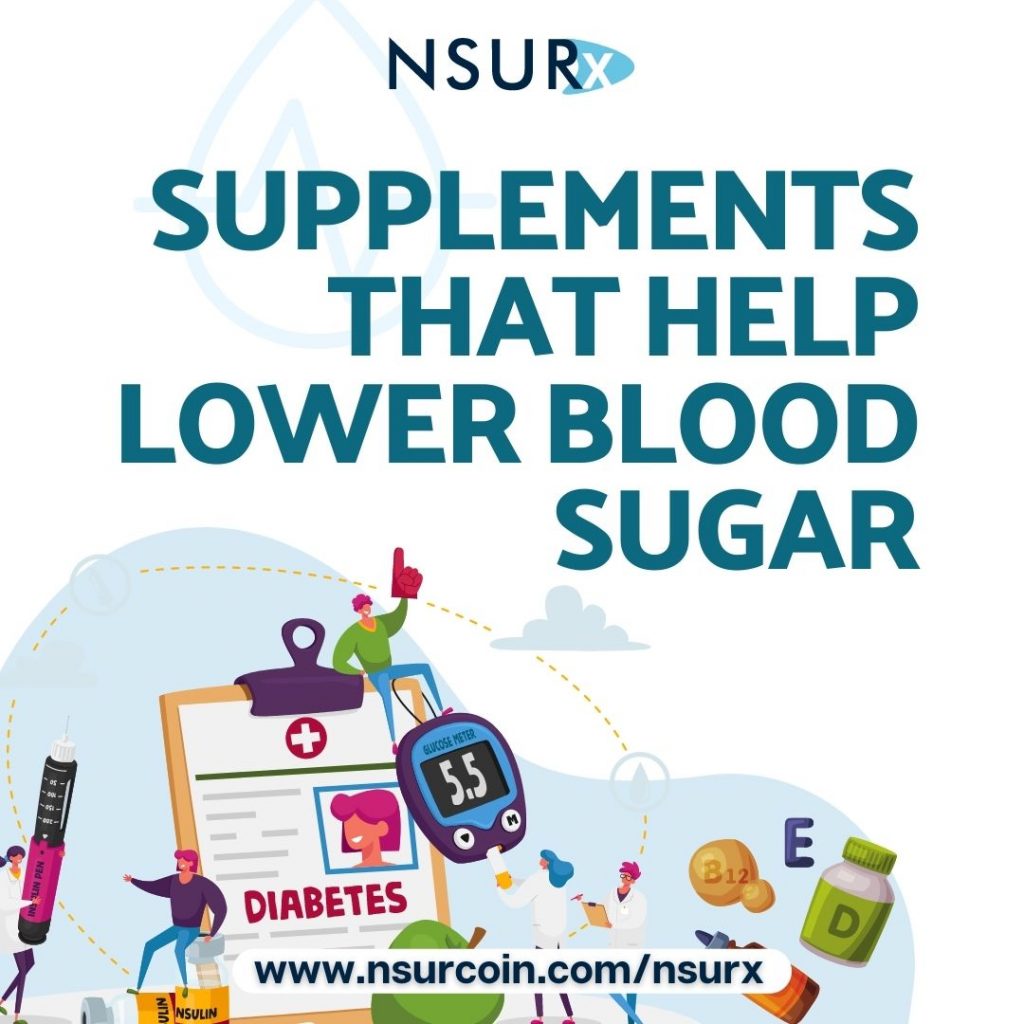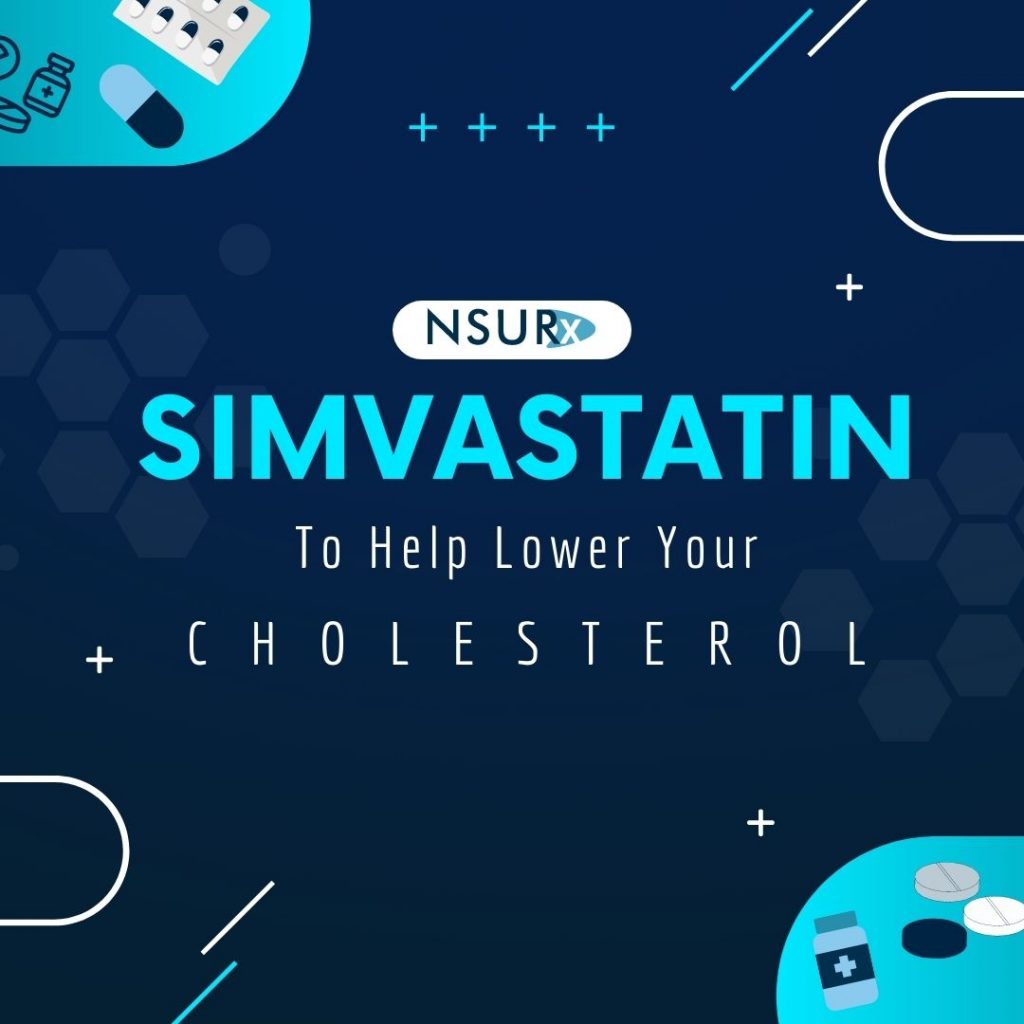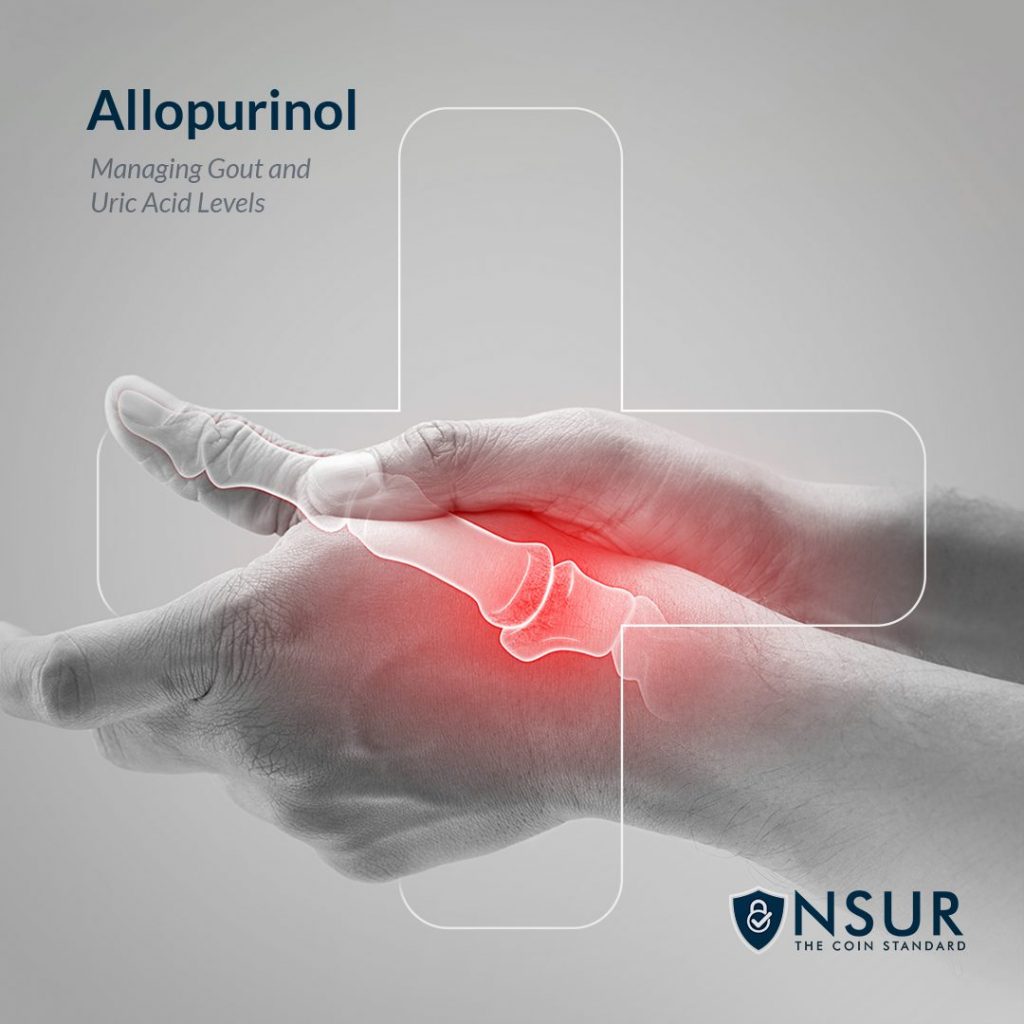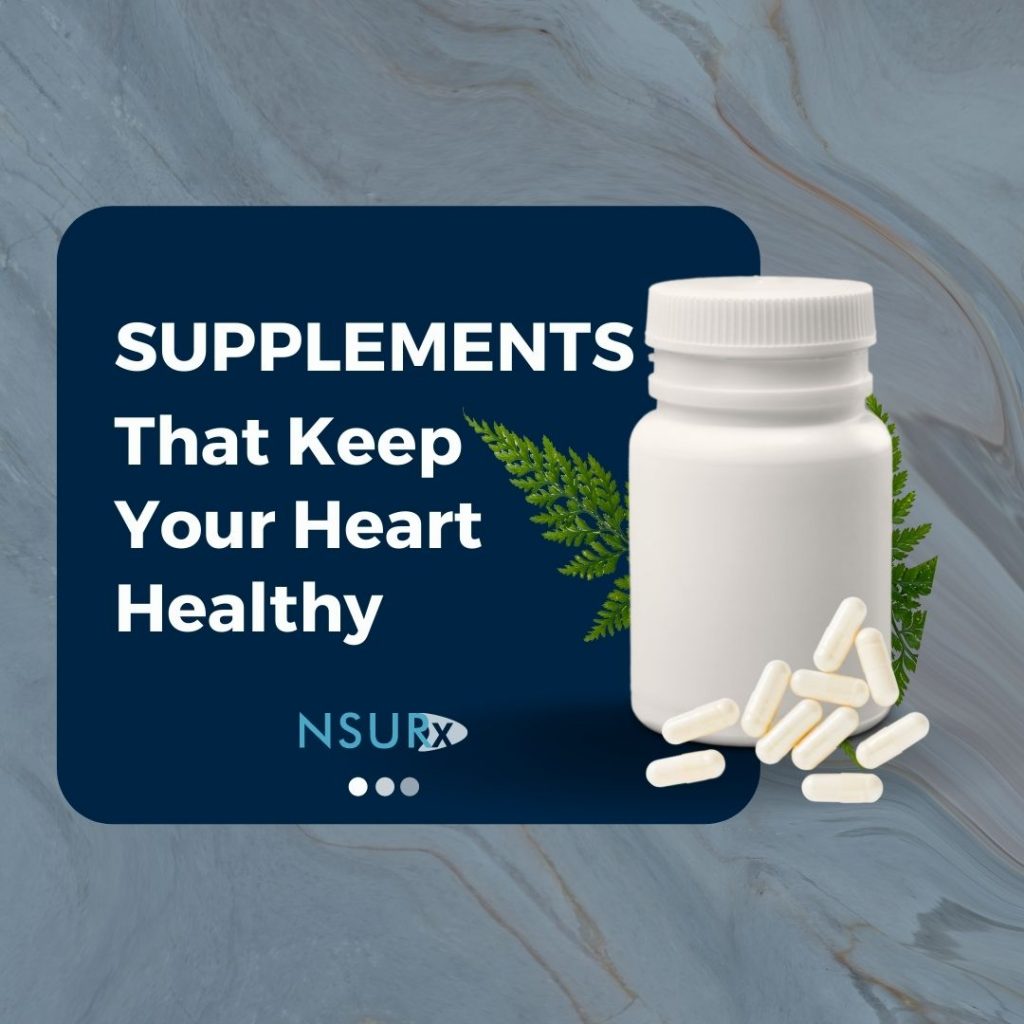
There are a number of ways that supplements can benefit your body. But have you ever wondered which ones are best for your heart?
The word “heart disease” refers to a number of different sorts of heart problems. Coronary artery disease (CAD), which impairs blood flow to the heart, is the most common type of heart disease. A heart attack can be caused by a decrease in blood flow.
What are the symptoms of heart disease?
Heart illness can sometimes be “silent,” going undetected until a person has symptoms of a heart attack, heart failure, or an arrhythmia.
Symptoms of heart illness include:
- Asthma or bronchitis
- Heartburn
- Nausea or vomiting
- Dizziness
- Shortness of breath
- Chest pain or discomfort
- Insomnia-induced palpitations
What puts you at risk for heart disease?
High blood pressure, high cholesterol, and smoking are all significant risk factors for heart disease. Several other medical issues and lifestyle decisions can also increase one’s risk of developing heart disease, including:
What vitamins should I take to avoid heart disease?
Three supplements you should consider introducing to your diet if you are looking to improve your heart health are the following:
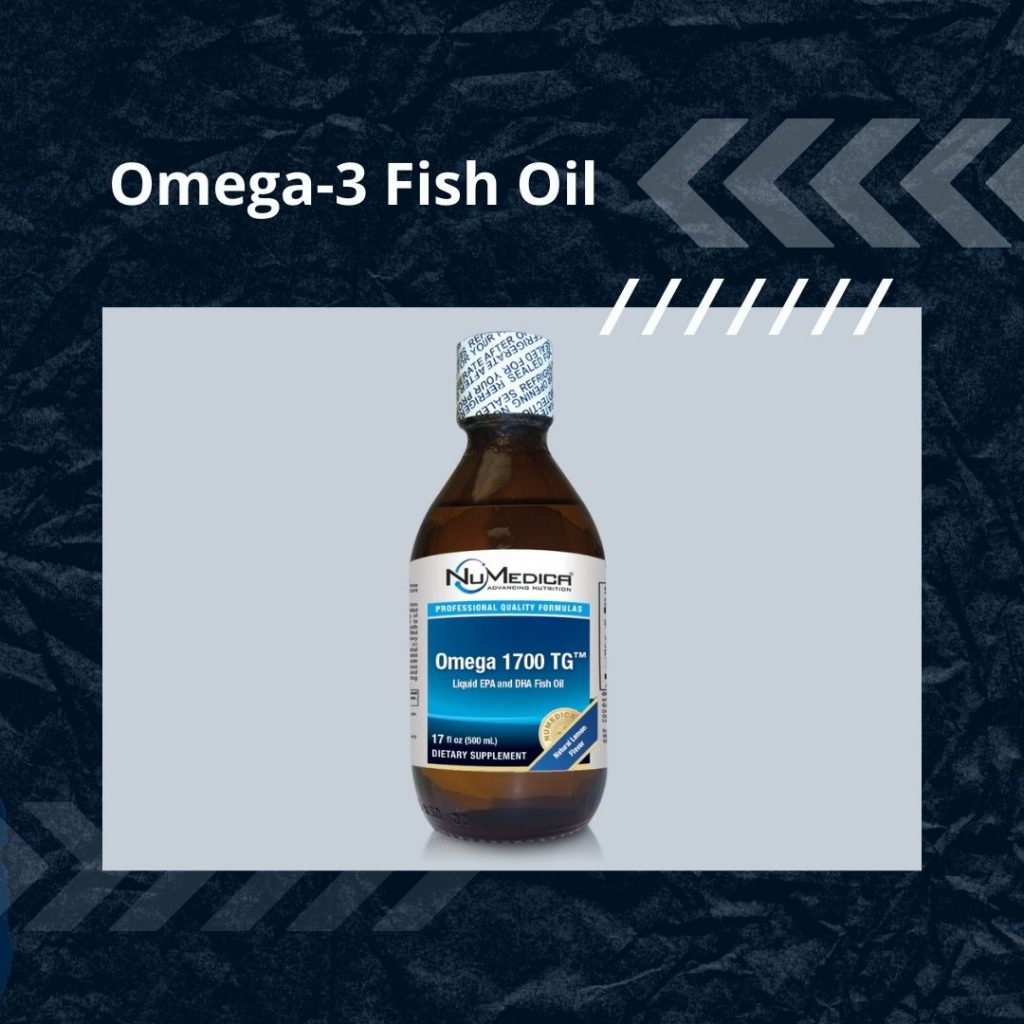
1. Omega-3 Fish Oil
Heart disease and stroke are less likely to occur when the body is supplied with omega-3 fatty acids, which are unsaturated fatty acids. Omega-2 fatty acids is commonly introduced into your diet through an Omega-3 Fish Oil Supplement.
They reduce the risk of developing an irregular heart beat (arrhythmias), and they slow the buildup of plaque, which hardens and blocks your arteries. They can also help to lower your blood pressure.
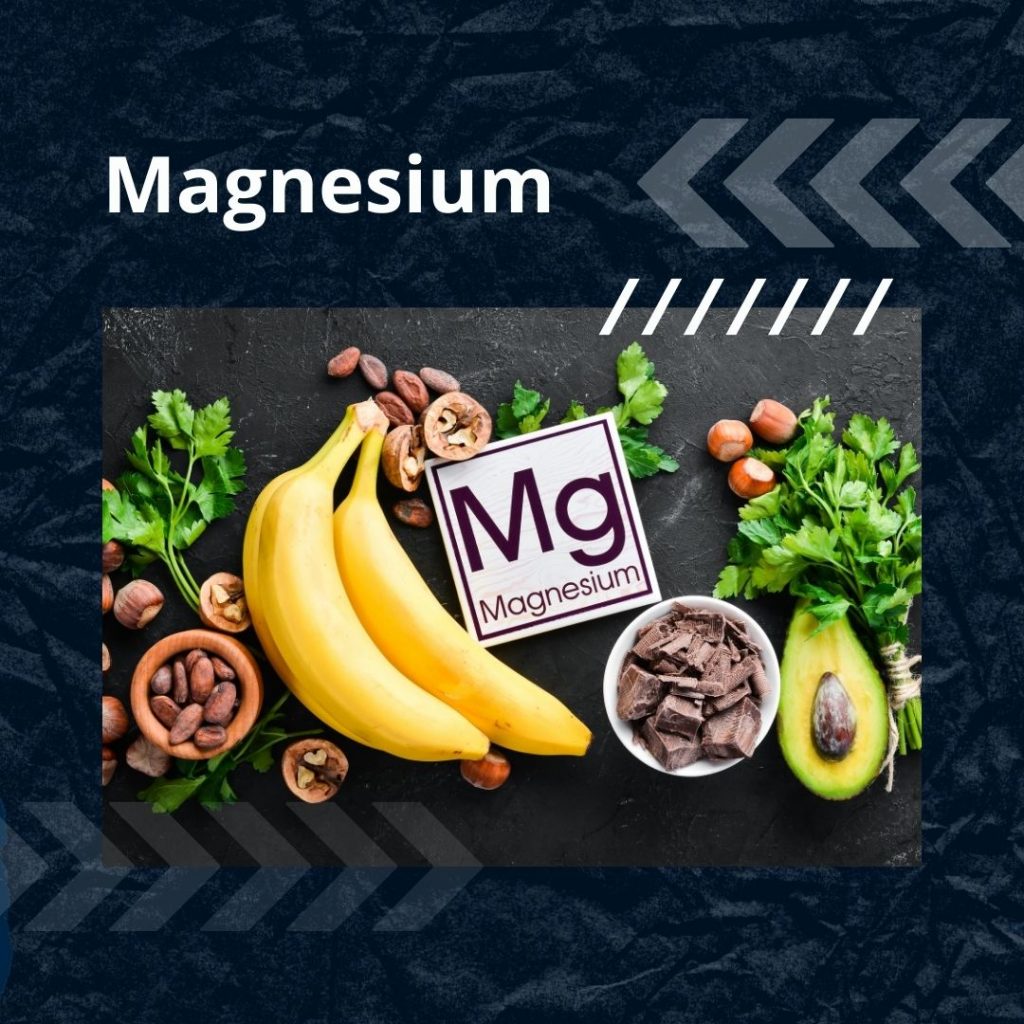
2. Magnesium
A magnesium-rich diet has been linked to several impressive health benefits, including lowering blood pressure.
An analysis of 34 studies discovered that a median dose of 368 mg of magnesium significantly reduced both systolic and diastolic blood pressure values in both healthy and high blood pressure adults.
However, the impact was significantly greater in people who already had high blood pressure.
One specific study published on PubMed studied people who took 450 mg of magnesium daily and noted their systolic (upper) and diastolic (lower) blood pressure dropped by 20.4 and 8.7 points, respectively.

3. Vitamin D
Increasing vitamin D intake could help people with congestive heart failure in a variety of ways.
A 2016 study published in the Journal of the American College of Cardiology discovered that people with chronic heart failure who took vitamin D supplements had better cardiac function. After a year, people who took vitamin D had better heart function than those who received a placebo, according to the study.
NSURx saves your money on heart medication costs
To help you save money on prescriptions, NSUR offers a discount card called NSURx. The next time you fill a prescription at your local pharmacy, just show the pharmacist your NSURx card and you can save up to 80% on your prescription costs!
More than 35,000 pharmacies that accept NSURx, including Walgreens, CVS, and Walmart.
Download your NSURx card today!

